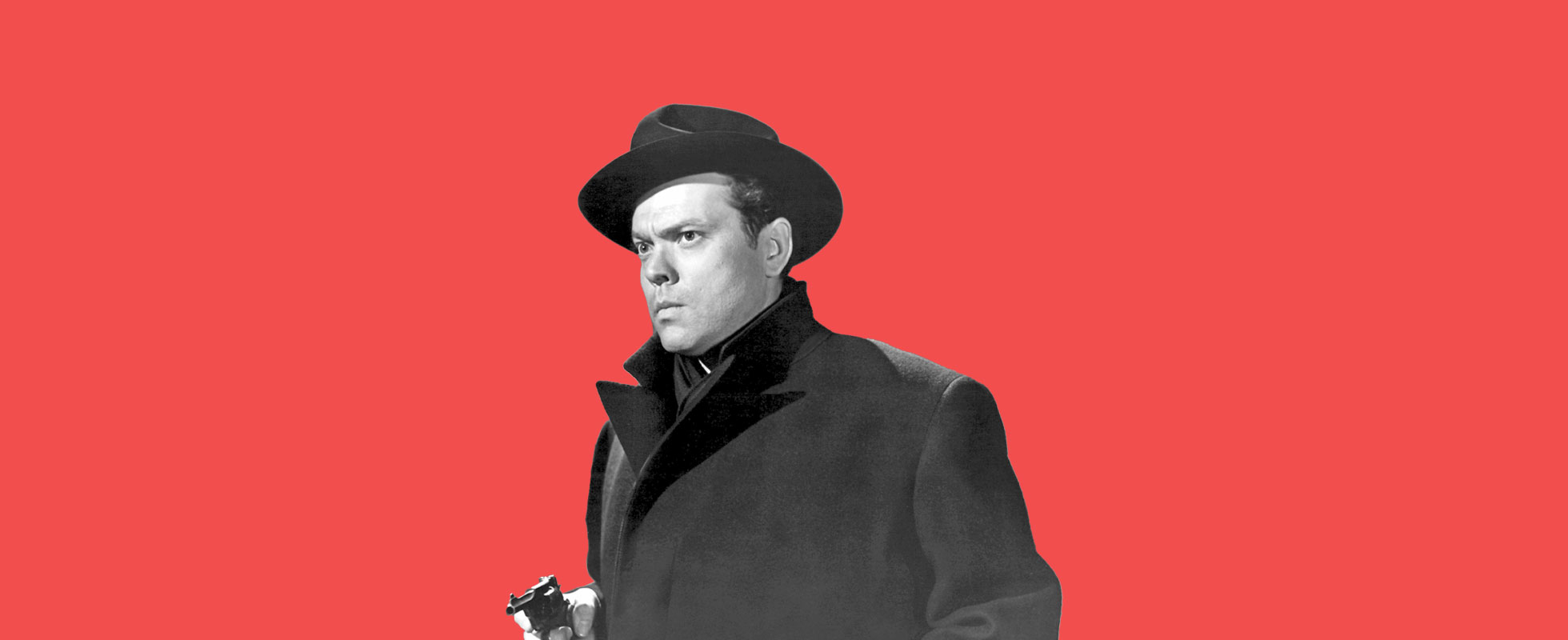Film noir — from the French meaning “dark film” — emerged as a genre in the 1940s and 1950s. These movies were typically crime dramas featuring intricate plots, cynical heroes (often detectives), and plenty of existential moodiness.
Visually, the black-and-white classics of the postwar period were stark, with many off-angle, deep-focus camera shots influenced by European expressionism and chiaroscuro. Along with their moody heroes, films noir are known for their femme fatales: sexually attractive women who use their guile and cunning to manipulate their male counterparts in their quest for power and/or wealth.
In the 1970s, film critics increasingly began using the term “neo-noir.” This new brand of noir contained many elements of classic film noir, but with a more modern sensibility. Neo-noir protagonists were often antiheroes whose moral ambiguity was very much at the forefront of their characters.
These morally gray characters, combined with an overall decrease in film censorship, often resulted in neo-noir being more violent and sexualized than its predecessor. Neo-noir also became a more expansive term, encompassing a wider range of subgenres that could easily include movies such as Blade Runner (1982), Minority Report (2002), and The Batman (2022).
Here are 10 suitably moody quotes from classic film noir and neo-noir alike, from The Maltese Falcon to Zodiac.
I don't mind a reasonable amount of trouble.Sam Spade (Humphrey Bogart) in “The Maltese Falcon,” 1941
The Maltese Falcon is the quintessential example of film noir. Based on the 1929 novel of the same name by Dashiell Hammett, the 1941 screen adaptation features Humphrey Bogart as the archetypal hard-boiled detective Sam Spade.
I don't use a pen. I write with a goose quill dipped in venom.Waldo Lydecker (Clifton Webb) in “Laura,” 1944
Released in 1944, Laura was a standout in a decade considered a prodigious period of American film noir. It received five Oscar nominations, winning one for Best Black-and-White Cinematography.
I picked you for the job, not because I think you're so darn smart, but because I thought you were a shade less dumb than the rest of the outfit. Guess I was wrong. You're not smarter, Walter — you're just a little taller.Barton Keyes (Edward G. Robinson) in “Double Indemnity,” 1944
Another 1940s noir classic, Double Indemnity delves into the murky events surrounding a seductive housewife accused of killing her husband, and an insurance adjuster whose job it is to sniff out phony claims.
Is that what you say to people after death? “Goodness, that’s awkward”?Holly Martins (Joseph Cotten) in “The Third Man,” 1949
Written by Graham Greene and featuring now-iconic performances by Joseph Cotten and Orson Welles, The Third Man is a shadowy masterpiece of mood and mystery set in a bombed-out postwar Vienna.
You know, I have often thought that gangsters and artists are the same in the eyes of the masses. They are admired and hero-worshiped, but there is always present an underlying wish to see them destroyed at the peak of their glory.Maurice Oboukhoff (Kola Kwariani) in “The Killing,” 1956
Ask someone to name one Stanley Kubrick movie, and it’s unlikely they’ll mention his film noir heist movie The Killing. But despite performing poorly upon its release, it has since gained somewhat of a cult following. It was also the inspiration for Quentin Tarantino’s 1992 neo-noir crime film Reservoir Dogs.
Mrs. Mulwray, I goddamn near lost my nose. And I like it. I like breathing through it. And I still think you're hiding something.Jake Gittes (Jack Nicholson) in “Chinatown,” 1974
American neo-noir hit a high point in the 1970s with Chinatown. Jack Nicholson’s private eye protagonist, who sports a bandaged nose for most of the movie, became an instantly iconic character following the movie’s release, and the film is widely considered one of the greatest of all time.
Loneliness has followed me my whole life. Everywhere. In bars, in cars, sidewalks, stores, everywhere. There's no escape. I'm God's lonely man.Travis Bickle (Robert De Niro) in “Taxi Driver,” 1976
Martin Scorsese’s 1976 neo-noir psychological thriller stars Robert De Niro as the movie’s unforgettable antihero, Travis Bickle. It features one of the most famous monologues in movie history: Bickle’s edgy and borderline-demented “You talkin’ to me?” rant.
I'm seeing something that was always hidden. I'm in the middle of a mystery and it's all secret.Jeffrey Beaumont (Kyle MacLachlan) in “Blue Velvet,” 1986
Blue Velvet was heavily influenced by 1950s film noir, while at the same time being undeniably Lynchian. Director David Lynch often incorporates elements of noir into his work, whether in his surreal series Twin Peaks or movies such as Lost Highway and Mulholland Drive.
Rollo Tamasi is the reason I became a cop. I wanted to catch the guys who thought they could get away with it. It's supposed to be about justice. Then somewhere along the way, I lost sight of that.Ed Exley (Guy Pearce) in “L.A. Confidential,” 1997
Based on James Ellroy’s 1990 novel of the same name, L.A. Confidential perfectly captures the police corruption and Hollywood sleaze of 1950s Los Angeles. It also made stars out of Guy Pearce and Russell Crowe, who were relatively unknown in the U.S. at the time.
I need to know who he is. I need to stand there, I need to look him in the eye, and I need to know that it's him.Robert Graysmith (Jake Gyllenhaal) in “Zodiac,” 2007
David Fincher’s 2007 neo-noir mystery thriller is based on the true story of the unresolved manhunt for the Zodiac Killer. Fincher is a modern master of noir, having used elements of the genre in many of his movies, including Se7en, Fight Club, and Gone Girl.
Featured image credit: Donaldson Collection/ Moviepix via Getty Images
















